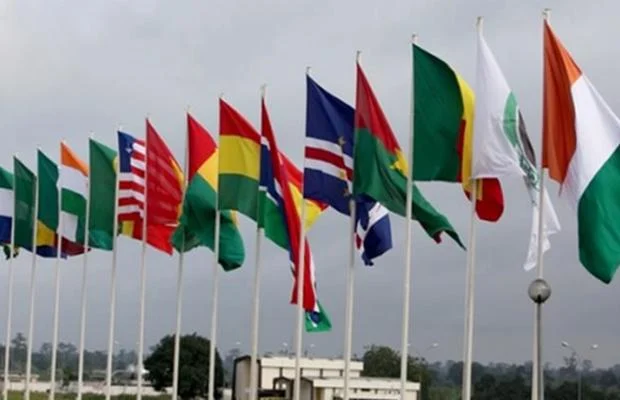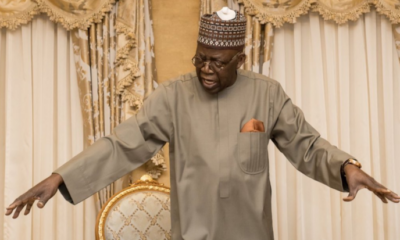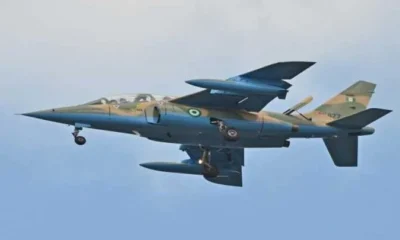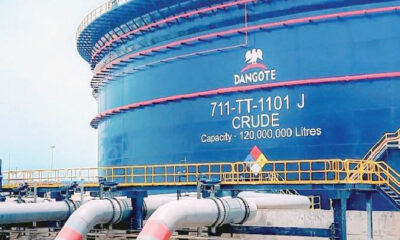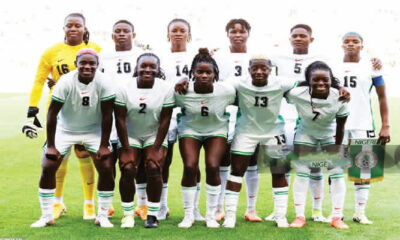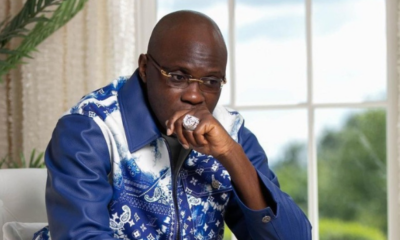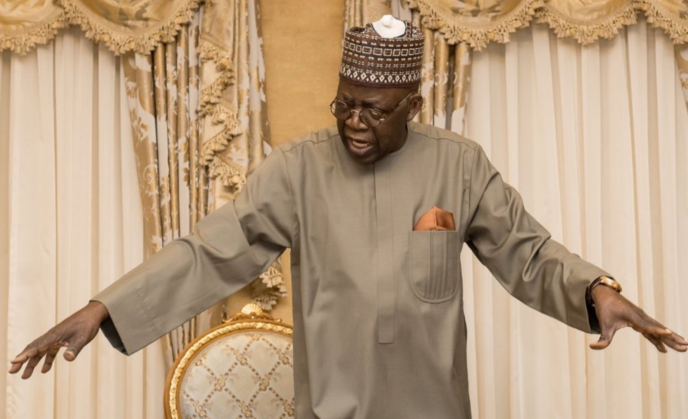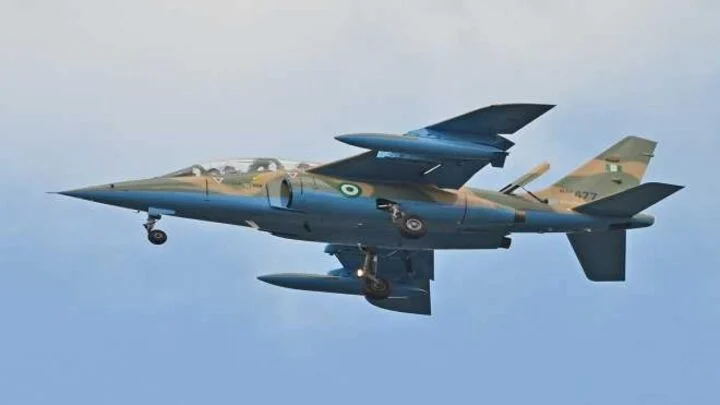The World Bank is set to decide on three major loan projects for Nigeria in 2025, totaling $1.65bn, as part of efforts to address critical developmental challenges in the country.
The loans, currently in the pipeline, will focus on internally displaced persons, education, and nutrition enhancement.
According to information obtained from the World Bank’s website, the loans are designed to support Nigeria’s social and economic recovery, particularly in vulnerable sectors requiring urgent intervention.
The first project, titled “Solutions for the Internally Displaced and Host Communities Project,” has a commitment amount of $300m and is scheduled for approval on April 8, 2025.
The project, which remains at the concept review stage, seeks to provide sustainable solutions for internally displaced persons and their host communities, addressing their social and economic challenges.
The second project, “HOPE for Quality Basic Education for All,” is expected to receive $553.8m in financing.
Its approval is slated for March 20, 2025, and it also remains in the concept review phase.
The third project, Accelerating Nutrition Results in Nigeria 2.0, involves the largest share of the proposed loans, with a commitment of $800m.
The World Bank is expected to hold a decision meeting on the project by February 20, 2025.
The $1.65bn financing package reflects the World Bank’s continued commitment to supporting Nigeria’s ongoing reforms.
The World Bank’s schedule indicates that decisions on these loans will be made in early 2025, with Nigeria’s ability to meet project prerequisites and demonstrate accountability in implementation likely to play a key role in getting the funds.
It was further observed that the Federal Government, under the leadership of President Bola Tinubu, has secured loans worth $6.95bn from the World Bank in about 18 months. The amount increased to the new figure following the latest approval of a new $500m loan from the World Bank for a project in Nigeria.
The Board of the World Bank Group approved a $500m loan to Nigeria last week Friday (December 13, 2024) to boost rural access and agricultural marketing in the country.
According to information obtained from the Washington-based institution, the loan is for the Rural Access and Agricultural Marketing Project—Scale Up.
It is designed to bridge the gap between rural communities and the broader marketplace, facilitating smoother access to agricultural markets, schools, and hospitals and promoting social cohesion among rural populations.
This was the 10th loan project from the World Bank under the administration of President Bola Tinubu.
The first project approved under Tinubu’s administration was the $750m Power Sector Recovery Performance-Based Operation.
This loan is designated as additional financing for the power sector recovery performance-based operation, a crucial component of Nigeria’s broader strategy to stabilize and enhance its power sector.
On June 27, 2023, the World Bank Group announced the approval of a loan of $500m to help Nigeria drive women’s empowerment.
This was the second loan approved by the bank under Tinubu’s administration. It provided a scale-up financing for the Nigeria for Women Program.
In September 2023, the World Bank approved a loan of $700m to bolster educational opportunities and empowerment for adolescent girls in Nigeria.
The loan was to support the ongoing ‘Adolescent Girls Initiative for Learning and Empowerment’ project. It aimed to encourage secondary education accessibility for girls residing in specific target states within Nigeria.
On December 14, 2023, the World Bank approved the $750m Distributed Access through Renewable Energy Scale-up project in Nigeria.
The project aims to provide over 17.5 million Nigerians with better access to electricity via distributed renewable energy solutions and tackle the electricity access deficit.
On June 13, 2024, the World Bank announced the approval of two significant financial operations aimed at bolstering Nigeria’s economic stability and supporting its vulnerable populations.
The combined package, totalling $2.25bn, comprises $1.5bn Nigeria Reforms for Economic Stabilization to Enable Transformation Development Policy Financing Program.
The second loan package approved on June 13 was $750m for the Nigeria Accelerating Resource Mobilization Reforms Programme-for-Results.
On September 26, 2024, the World Bank approved three new projects for Nigeria, totalling $1.57bn in financing.
This financing package, which includes a $1.5bn loan and $70m grant, is part of broader efforts to improve key sectors such as education, healthcare, and water management, while also tackling poverty and boosting productivity.
Under this financing package, the HOPE-GOV programme, was approved for $500m to improve governance in the education and health sectors.
Another $570m was earmarked for the Primary Healthcare Provision Strengthening Program, which was targeted at improving Nigeria’s healthcare system, particularly for women, children, and adolescents.
The remaining $500m was allocated to the Sustainable Power and Irrigation for Nigeria Project, which aimed to protect Nigeria from climate-induced challenges such as floods and droughts.
According to data from the external debt report released by the Debt Management Office, the World Bank’s share of Nigeria’s debt totals $16.32bn, with the majority owed to the International Development Association, which accounts for $16.32bn, which represents 38 percent of Nigeria’s total external debt.
The International Bank for Reconstruction and Development, another arm of the World Bank, is owed $484.0m, or 1.13 per cent.
Earlier report had it that the Federal Government spent $3.58bn servicing its foreign debt in the first nine months of 2024, representing a 39.77 per cent increase from the $2.56bn spent during the same period in 2023.
This was according to data from the Central Bank of Nigeria on international payment statistics.
The significant rise in external debt service payments shows the mounting pressure on Nigeria’s fiscal balance amid ongoing economic challenges.
The World Bank, in its latest International Debt Report, revealed that developing nations spent an unprecedented $1.4tn on foreign debt servicing in 2023, driven by a surge in interest rates to their highest levels in 20 years.
Interest payments alone reached $406bn, a nearly 30 per cent increase from the previous year, severely impacting spending in critical sectors such as health, education, and environmental programs.
According to the report, the most vulnerable economies, those eligible for loans from the World Bank’s International Development Association, bore the brunt of the financial strain.
Credit: The Punch
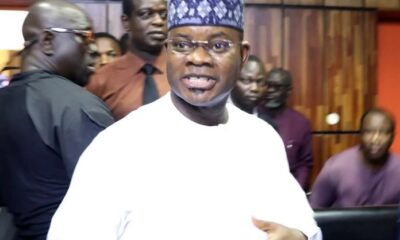
 BIG STORY5 days ago
BIG STORY5 days ago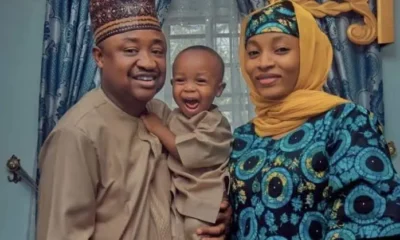
 BIG STORY5 days ago
BIG STORY5 days ago
 BIG STORY5 days ago
BIG STORY5 days ago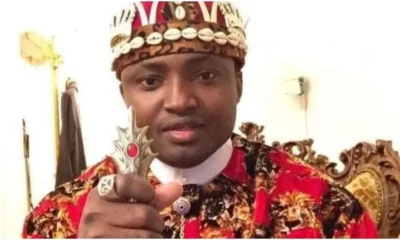
 BIG STORY4 days ago
BIG STORY4 days ago
 BIG STORY2 days ago
BIG STORY2 days ago
 BIG STORY2 days ago
BIG STORY2 days ago
 BIG STORY2 days ago
BIG STORY2 days ago
 BIG STORY5 days ago
BIG STORY5 days ago




